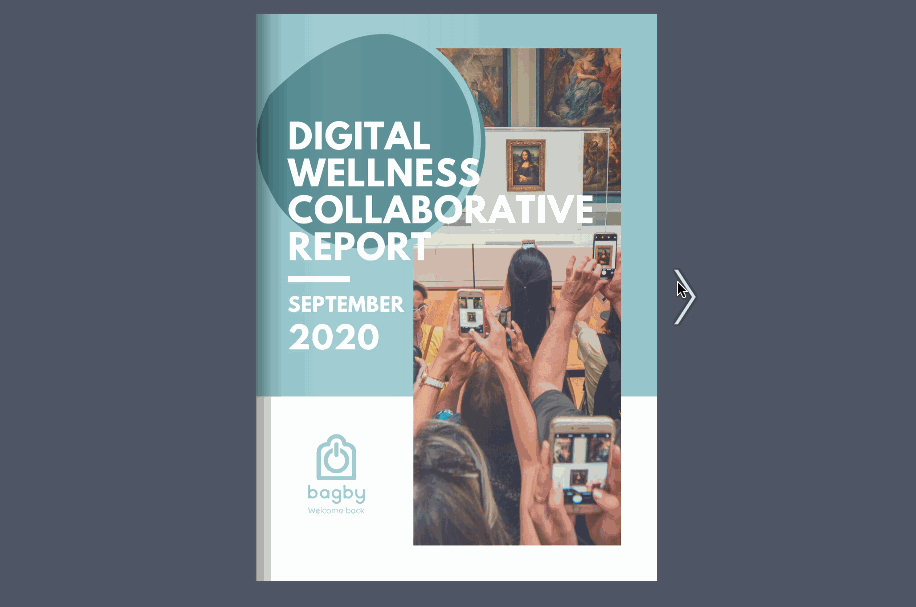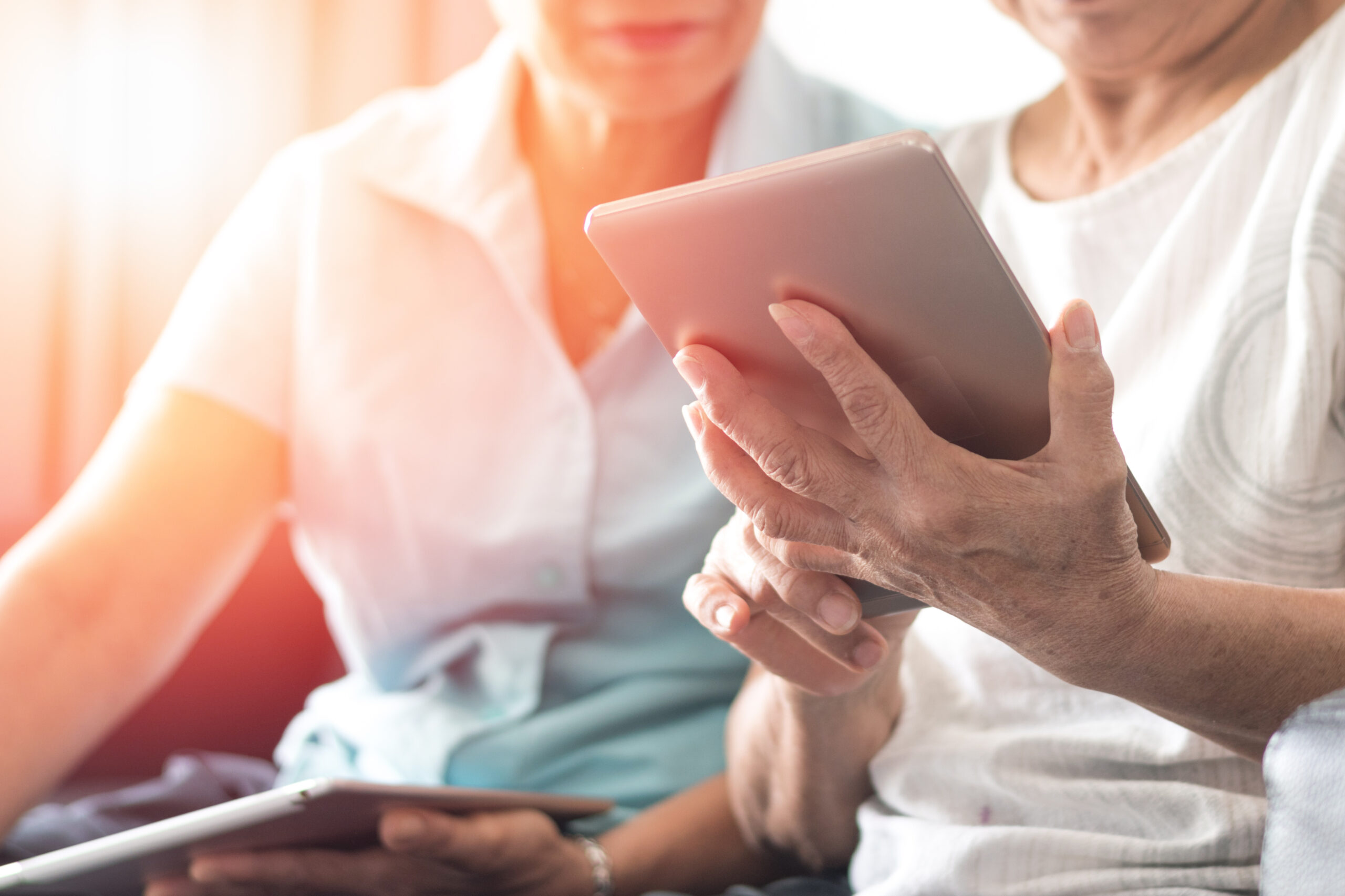It is clear that technological advances have improved our lives. Smartphones, the internet, and apps have allowed us to remain connected and consume more information than ever before.
However, with the rise in technology comes an increase in screen time. According to the Digital 2020 April Global Statshot Report, people spend an average of 2 hours and 48 minutes per day using social media via any device. Our relationship with our devices has changed the way we view and interact with the world, sometimes for the better; however, many experts suggest otherwise. Among many things, digital dependency has impacted our health, our behaviour, the nature of our relationships, and our productivity.
According to the results of a Canstar Blue consumer satisfaction survey, “Online interaction is overtaking real-life socialisation and lack of access to the internet is causing anxiety for some Kiwis,” as reported in an article in the New Zealand Herald. The article also notes that people surveyed prefer online socialisation than face-to-face encounters. A study by the University of the Sunshine Coast concluded that people who spend the most time browsing social media “had fewer friends and poorer friendship quality.”
Children and teenagers are increasing their amount of time they spend on screens, as well. Numerous studies have linked the harms that screen use can have on childhood development and their physical and mental health. According to a 2015 article in ABC News, parents who participated in the Australian Child Health Poll identified too much screen time, obesity, and a lack of physical activity as the three greatest health concerns for Australian children and teenagers.
According to Tassia Oswald, a PhD candidate in public health at the University of Adelaide, in a 2020 ABC News article, an “overwhelming majority [of studies] found that there was an association between increased screen time and unfavourable psychological outcomes.” She also notes that “‘Excessive screen time for young children under five years was more often associated with poor cognitive outcomes.’” Additionally, a 2019 report for New Zealand’s Ministry of Social Development determines that “Children who exceeded the one hour per day screen time guideline at 2 years are more likely to be obese, have more illnesses and visits to the doctor, have lower physical motor skills, and may exhibit hyperactivity problems at 4.5 years of age.”
In order to combat this epidemic of digital dependency, the world of digital wellness has started to blossom, and we have found numerous initiatives that deal with the theme of digital wellness. As of part of its national budget, New Zealand has developed a Wellbeing Budget (see the most recent version here.) Digital wellness has the potential to improve our lives and allow us to remain human in an ever-changing world. In fact, a recent poll from Frog Recruitment Digital Diet found that the vast majority of participants would reduce screen time if incentivised to do so.


The digital wellness start-up Bagby (“digital wellness with a HUMAN soul”) recently released a Digital Wellness Collaborative Report featuring personal experiences and advice from 37 digital wellness experts across 12 different nationalities. The goal of this report is to raise awareness of the issue of screen addition and provide a source of inspiration for people wanting to practice digital wellness. After reading this report, you will learn some essential tips for your personal digital wellbeing and some of the digital wellness initiatives that exist in the world.
Below are some of the tips you can learn from these experts:
Turn off your notifications
Applications, the internet, and smartphones are designed to be addictive. Whenever we have notifications, we are more likely to check our phones. Research conducted at Duke University’s Center for Advanced Hindsight Duke University in 2018 found that we receive, on average, 60-85 notifications a day. “Turning off your notifications will allow you to use your phone intentionally, instead of having your time stolen,” says Bethany Baker, the Executive Director of A-GAP, in the Collaborative Report.
Leave your phone outside of your bedroom
According to a study by Chang et al., the use of light-emitting devices makes it harder for us to fall asleep, “delays the circadian clock, suppresses levels of the sleep-promoting hormone melatonin, reduces the amount and delays the timing of REM sleep, and reduces alertness the following morning.”
Also, digital wellness expert Holland Haiis says that leaving your phone outside of your room “removes the temptation to pick up your device first thing in the morning or in the middle of the night.”
Mindfully wake up
According to a study from IDC Research, 80% of smartphone users check their mobile devices within 15 minutes of waking up each morning. Some have argued that waking up is likely to increase our stress and leave us feeling overwhelmed. Instead of checking your phone first thing, consider doing another activity that you need to get done to start your day.
Spend time in nature, without your phone
A recent study by Oswald et al. in PLoS ONE found that spending time in nature, or ‘green time,’ was associated with positive mental health outcomes for young people. Tonia Gray, a senior researcher in educational research at Western Sydney University, says: “there is no doubt whatsoever that green time improves our health and wellbeing, and our attention and ability to focus.”
For example, from November 11 to 29, the Waiheke Walking Festival offers over 55 walks over 18 days with different themes and difficulty levels.
Consider a Digital Detox
Try going a week without social media and see how you feel. Does your mental health improve? Are you able to be more focused on yourself and your goals? Or, if you want to be a bit more intense, try turning off all screens one day each week.
Download the report and take your first steps on your own digital wellness journey.
Founded in 2017, Bagby is a digital wellness start-up that creates beautifully crafted and digital-free reminders that real connections start the moment we put our smartphones away. Its mission is to reduce people’s screen time while increasing their human time.





